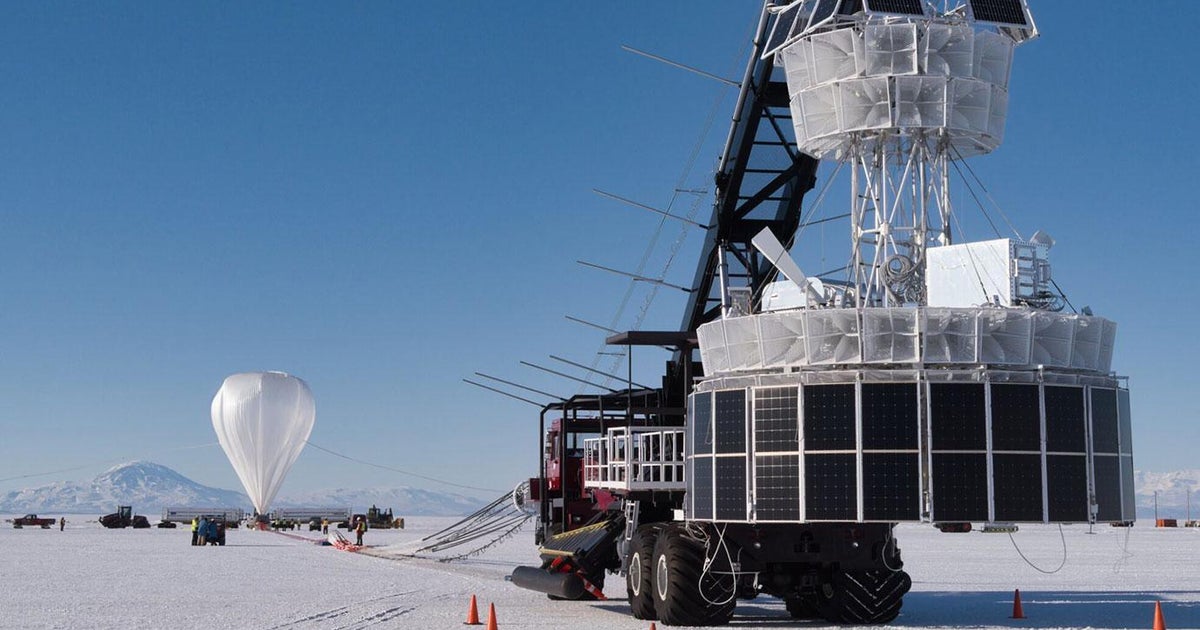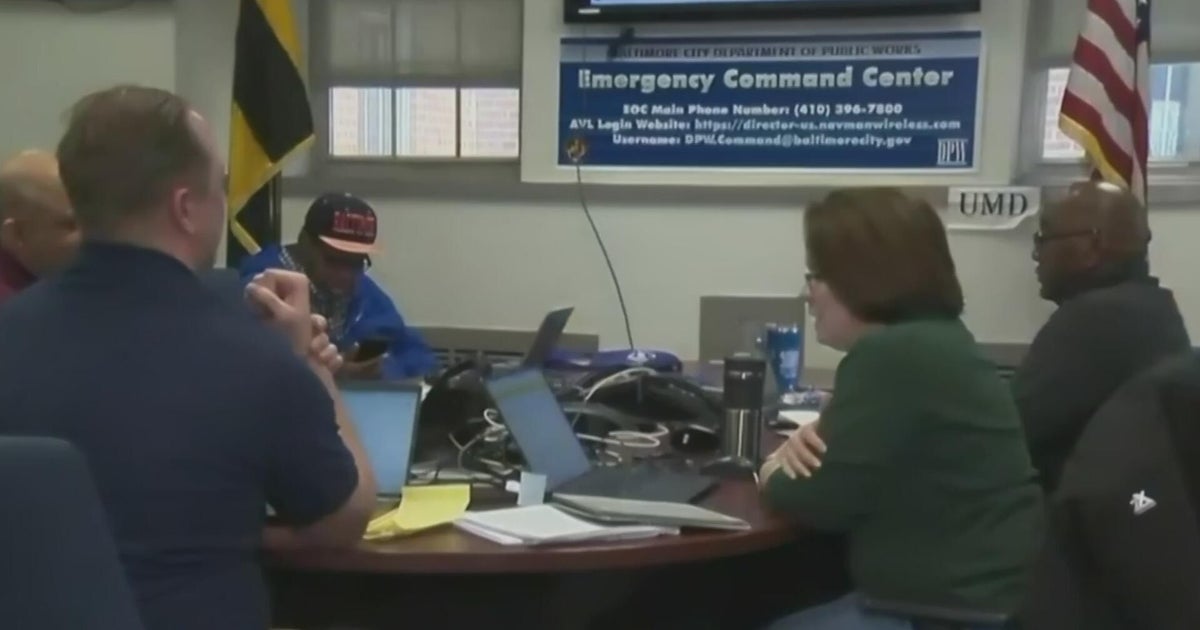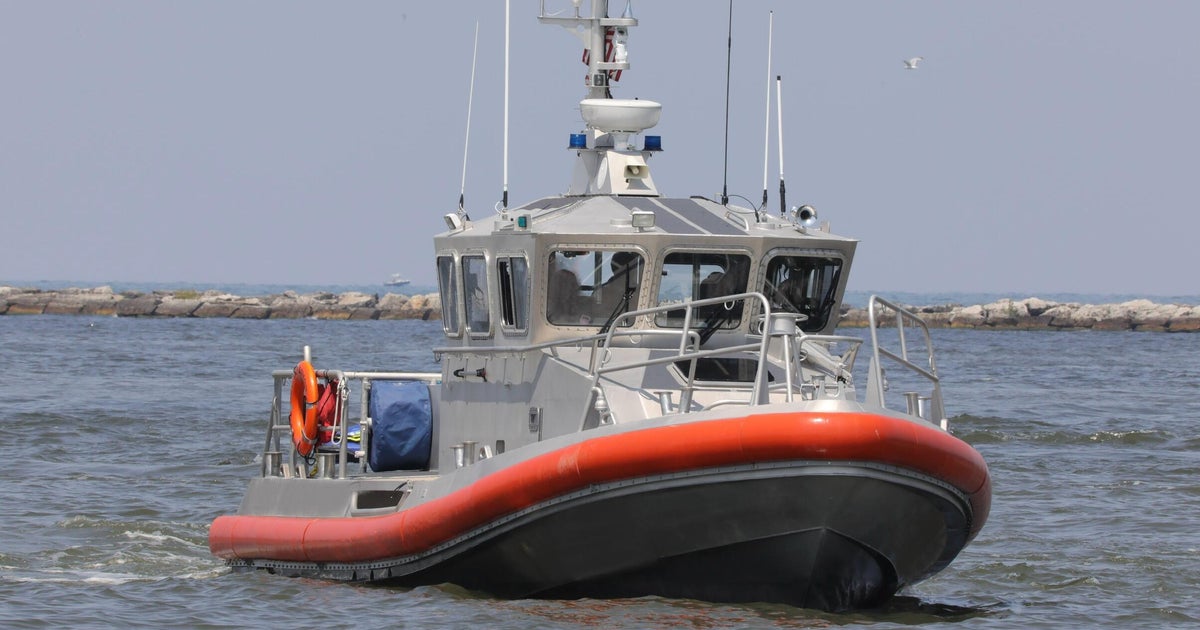NASA: No New Launch Attempt Before Sunday
CAPE CANAVERAL (CBS4) — Technicians and engineers at NASA's Kennedy Space Center have identified the likely source of what caused heaters on a fuel line for space shuttle Endeavour's auxiliary power unit to fail on Friday, scrubbing the first launch attempt for the STS-134 mission.
The failure appears to be a power problem within a box of switches controlling power feeds. The heaters are crucial for keeping a fuel line from freezing in space.
The plan is to remove and replace the box, but that work and related testing will take several days to complete.
Once the new box is installed, the team must verify it's working properly, at least a two-day process, and perform forensics on the failed box.
Managers are expected to meet over the next day or two to determine the next launch attempt, but it is expected to be no earlier than Sunday May 8.
Workers at Kennedy's Launch Pad 39A have drained space shuttle Endeavour's external fuel tank of all cryogenics. The Rotating Service Structure was moved back around the spacecraft in order to protect the shuttle from the elements and to gain access to Endeavour's aft section.
After returning to NASA's Johnson Space Center in Houston, the six astronauts will be involved in some additional training before they return for the next launch attempt.
The high-profile voyage of Endeavour will be the next-to-last shuttle flight and the final flight for Endeavour.
NASA officials have stressed repeatedly that they will not ease up on any launch rules, even as the shuttle program winds down. Extra precautions were put in place after the 1986 Challenger launch accident and the 2003 Columbia disaster. A total of 14 astronauts died in those two catastrophes.
The delay, if it lasts much longer, could end up having a domino effect on the final shuttle mission. Atlantis is scheduled to blast off June 28 to close down the program. For now, anyway, that date is still safe.
Once NASA's shuttles are done flying, they will be on display in Florida, California and the Washington, D.C. area. NASA will continue to rely on rides to the International Space Station in Russian Soyuz capsules while new spacecraft are developed by private companies.
(©2011 CBS Local Media, a division of CBS Radio Inc. All rights reserved. This material may not be published, broadcast, rewritten, or redistributed. The Associated Press contributed to this report.)







